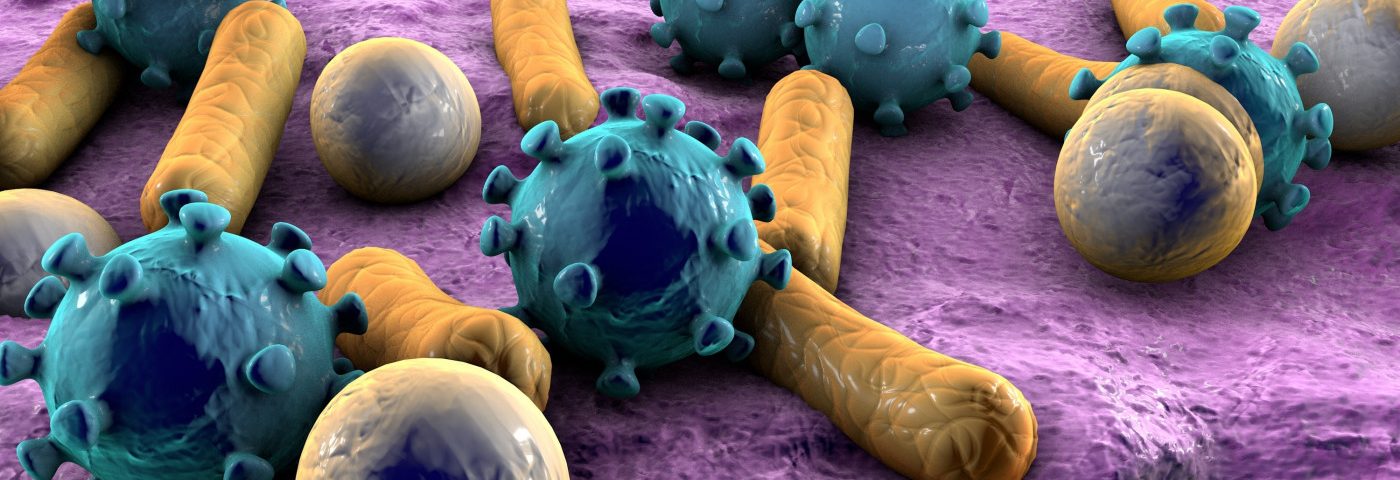uBiome launched a research collaboration program with clinicians from the University of Louisville in Kentucky to investigate the usefulness of the gut microbiome to predict the clinical response of patients with inflammatory bowel disease (IBD) to certain therapies, especially biologic agents such as Entyvio (vedolizumab) or Stelara (ustekinumab).
The partnership involves two physicians: Gastroenterology Fellow and founder of the IBDWatch website, Brandon Wuerth, MD; and Director of the University of Louisville Inflammatory Bowel Disease Center, Professor and Director of the Inflammatory Bowel Disease Program at the University of Illinois, Gerald Dryden, MD, PhD.
“This study has the potential to inform a more personalized approach to IBD treatment and to improve outcomes. We are proud to support Wuerth and Dryden’s mission to uncover the associations of the microbiome in clinical response to therapies for IBD,” Dr. Jessica Richman, co-founder and CEO of uBiome, said in a press release.
The idea is that if bacteria living in the gut — the so-called gut microbiome — are able to estimate how a patient with IBD will respond to a specific medication, then these microbes could be analyzed before patients start treatment to select the therapy that would yield the best possible results.
The study will gather clinical data from IBD patients, including their symptoms, levels of C-reactive protein (a protein involved in inflammation, or CRP) and fecal calprotectin (indicator of immune cells’ infiltration in the gut), endoscopy data (procedure to examine the interior of the GI tract), number of hospital admissions, and the number of times patients were prescribed steroids.
Clinicians are also planning to compare the gut microbiota from IBD patients who have disease flares to those who do not at the beginning of the study and six months after, in hopes of finding and understanding the relationship between gut bacteria and IBD development.
“We are honored and excited to be working with uBiome, a true pioneer in the field of the gastrointestinal microbiome, to investigate whether or not the microbiome can predict clinical response to the newer treatment options for inflammatory bowel disease. This could lead to improved patient outcomes and lower overall costs,” Wuerth said.

